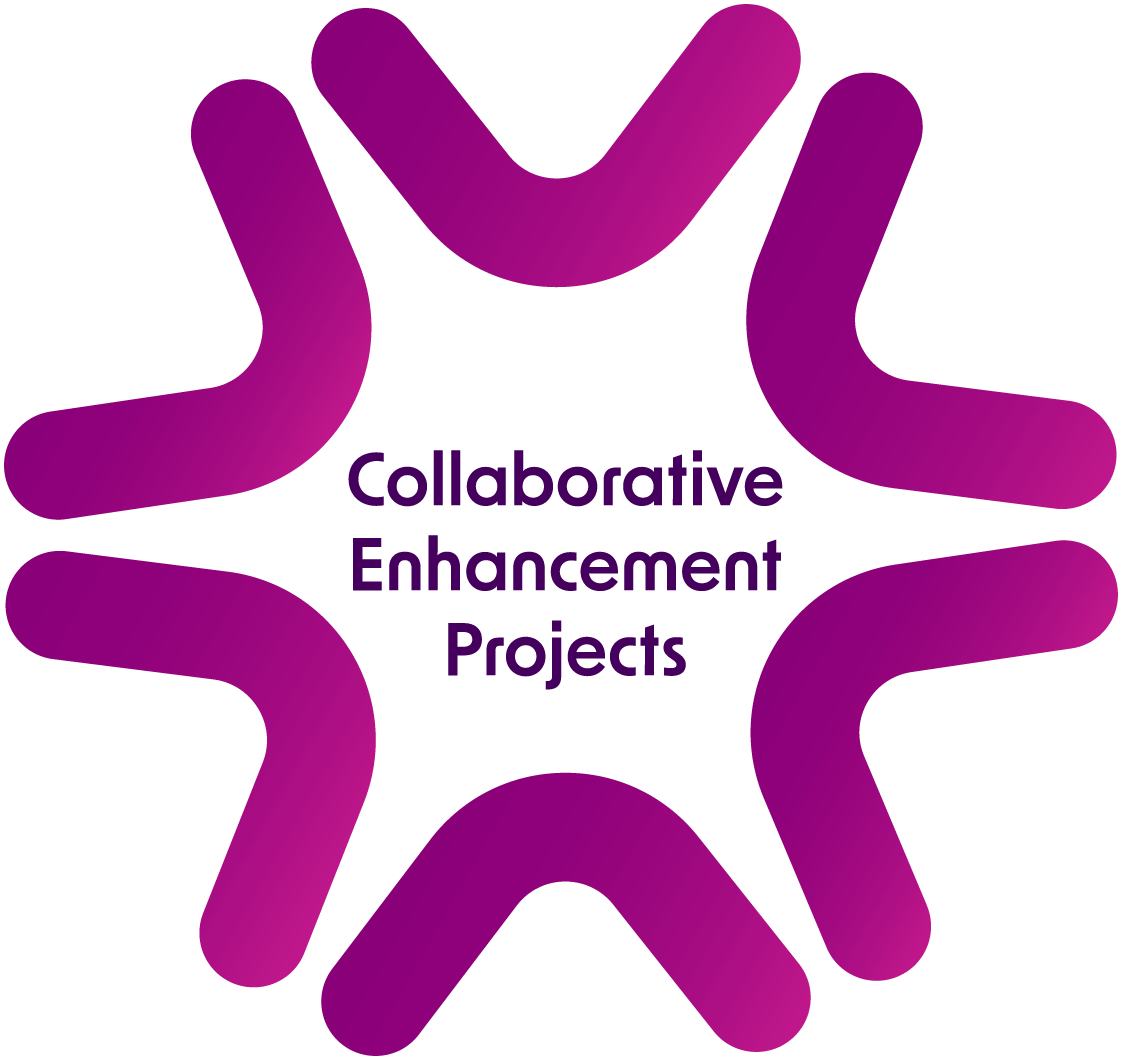
About this project

There is a gap in understanding how to develop impactful curricula effectively and how to evaluate their impact. Existing surveys of curriculum design processes focus on design but not on evaluating impact, and the QAA’s work on evidencing value in higher education highlights the same.
This project will develop a curriculum design, review, and evaluation framework, supported by ‘pillars of impact’ case studies and resources, to help stakeholders design and assess curricula that enhance the student learning experience.
Social cultures and relationships play a critical role in designing impactful curricula, yet research in this area is scarce. Rapid curriculum reviews to meet external requirements and growing student numbers often overlook the hidden work involved in redesign.
The SEDA Curriculum Development Network, set up in 2022, addresses this by bringing together over 100 developers from diverse backgrounds to share challenges, best practices, and resources. Many members are subject specialists rather than educational experts and benefit from guidance on designing, reviewing, and evaluating curricula.
We will build on previous surveys by asking institutions in this network about their curriculum design processes, with a focus on evaluating impact to fill this gap.
Lead institution
- Hilary Wason, Kingston University
- Emma Higginbotham, Kingston University
Partner institutions
- Lucy Chilvers, University of Brighton
- Juliet Eve, University of Brighton
- Professor Mary Brennan, The University of Edinburgh
- Dr Ian Glen, The University of Edinburgh
- Dr Celeste McLaughlin, The University of Edinburgh
- Dr Clare Saunders, University of Staffordshire
- Nina Cupric, University of Staffordshire
- Professor Letitia Gramaglia, University of Warwick
- Jess Humphreys, University of Warwick
